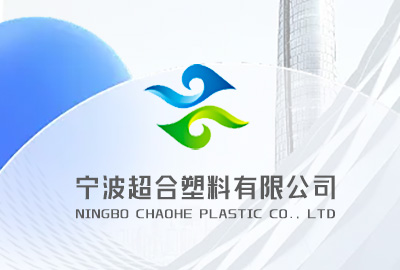Enhancing Sustainability: Wahaha Plastic Bottle Raw Materials and the Future of Packaging
Introduction
In recent years, there has been a growing concern for sustainability and environmental consciousness. Among the industries making notable strides towards a greener future is the packaging sector, particularly in the production of plastic bottles. As one of the leading manufacturers in this field, Ningbo Chaohe Plastic Co., Ltd plays a vital role in providing sustainable raw materials to companies like Wahaha, ensuring a more eco-friendly approach to packaging solutions. In this article, we will explore the significance of these raw materials in the industry and their potential impact on pricing.
Sustainable Raw Materials for Wahaha Plastic Bottles
Wahaha, a renowned brand in the beverage industry, has taken the forefront in adopting sustainable practices in their packaging. Their partnership with companies like Ningbo Chaohe Plastic Co., Ltd has allowed them to source raw materials for their plastic bottles from environmentally-friendly sources. These materials include recyclable plastics such as PET (polyethylene terephthalate), which can be recycled and reused multiple times without compromising quality or safety.
One of the key advantages of using PET in plastic bottle manufacturing is its lightweight nature, reducing the overall carbon footprint during transportation. Additionally, PET offers excellent barrier properties, preserving the freshness and flavor of beverages while minimizing the need for additional packaging materials.
The Role of Ningbo Chaohe Plastic Co., Ltd in Sustainable Production
Ningbo Chaohe Plastic Co., Ltd has emerged as a prominent supplier of plastic bottle raw materials due to its commitment to sustainability. The company strives to ensure that all their materials are sourced from reliable and environmentally-conscious suppliers. By adhering to strict quality control measures and utilizing cutting-edge technology, they produce raw materials that meet Wahaha's stringent requirements.
Price Trends in PVP Materials
While the prices of PVP (polyvinylpyrrolidone) materials, an essential component in plastic bottle production, are subject to market fluctuations, various factors influence their pricing. Raw material availability, global demand, and production costs are among the key factors affecting prices. As sustainability becomes more prevalent, the demand for eco-friendly raw materials is likely to increase, potentially impacting pricing in the future.
In recent times, advancements in technology and an increased focus on sustainable production methods have helped stabilize PVP material pricing. As companies like Wahaha and Ningbo Chaohe Plastic Co., Ltd continue to invest in research and innovation, production costs may decrease, making these sustainable packaging solutions more commercially viable.
Conclusion
In the pursuit of a greener future, Wahaha has partnered with Ningbo Chaohe Plastic Co., Ltd to source sustainable raw materials for their plastic bottles. The use of recyclable PET and other environmentally-friendly materials not only highlights their commitment to reducing environmental impact but also ensures the production of high-quality packaging solutions. While the pricing of PVP materials may be subject to market fluctuations, the growing demand for sustainable packaging is likely to contribute to their long-term stability. Through such collaborations, the aim is to create a sustainable packaging ecosystem that benefits both consumers and the environment at large.
PP PE PVC Directly supplied by the manufacturer
Mr. Lu (0574-88303209)
Company Address: 16/F, Leimengde Building, No. 10, Lane 818, Qianhe South Road, Yinzhou District, Ningbo City, Zhejiang Province
